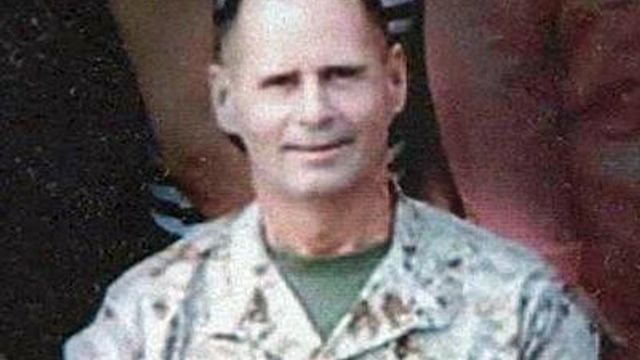Baghdad shooting victim counseled soldiers
Navy Cmdr. Charles Springle made a career of treating soldiers for combat stress caused by frequent deployments to battle zones. He also tried to fight the stigma that can prevent those who need mental help from seeking it.
Posted — Updated"He regarded it as very important work," said Bob Goodale, a friend of Springle's and director of behavioral mental health for the Chapel Hill-based Citizen-Soldier Support Program. "We all who work in this know that it is difficult. This is an example of how difficult."
A commander since 2002, Springle went by his middle name of "Keith" and had been in the Navy for 21 years. A Navy spokesman at the Pentagon said Springle left behind a wife and two children in Wilmington.
"It's heartbreaking to see how needlessly his life was taken, basically, when it's by a fellow soldier," Springle's cousin, Alton Dudley said. "He was such a fine young man. The world needs more of him, instead of less."
Copyright 2024 by WRAL.com and the Associated Press. All rights reserved. This material may not be published, broadcast, rewritten or redistributed.





